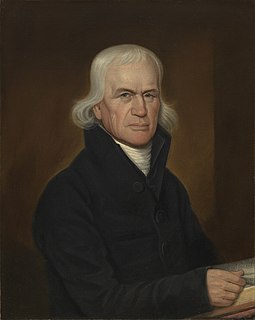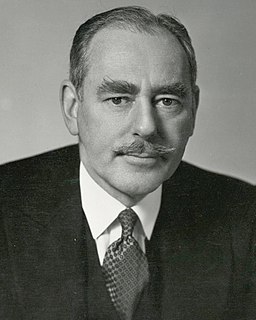A Quote by Frederic G. Kenyon
The Gospels were not thought of as works of literature. People were not concerned with the literary reputation of Matthew or Mark, but with the substance of their records of our Lord's life. They did not have to respect their actual words, as they would if they were transcribing the works of Thucydides or Plato.
Related Quotes
The trouble with Christianity was that by about 150, there were hardly any Jews left in the Christian church, and so from that time until the last part of the twentieth century, the only people reading the gospels and interpreting the gospels and writing commentaries on the gospels were gentiles who were simply ignorant of the Jewish background, and I just thought they were prejudiced.
Real greatness is often humble, simple, and unobtrusive. It is not easy to trust ourselves and our actions without public affirmation. Some of the greatest works of art and the most important works of peace were created by people who had no need for the limelight. They knew that what they were doing was their call, and they did it with great patience, perseverance, and love.
We were always told we were one step behind Deep Purple, one step behind Led Zeppelin, one step behind everybody. Our manager didn't want to let us know how popular we were. It's only after we did Ozzfest that people started telling me stuff. I thought they were taking the piss. People would come up to me and go, "Respect."
In my profession more generally, it's not an exaggeration to say that masculinity is viewed as the root of all evil. If you were to take a literary theory course, you might think it would be about literature, but it's really not. It's about all the various forms of oppression on earth and how we can see them playing out in literary works. And behind all these forms of oppression is a guy.
Grace stands in direct opposition to any supposed worthiness on our part. To say it another way: Grace and works are mutually exclusive. As Paul said in Romans 11:6, "And if by grace, then it is no longer by works; if it were, grace would no longer be grace." Our relationship with God is based on either works or grace. There is never a works-plus-grace relationship with Him.
Gunn would be an important figure-rewarding, delightful, accomplished, enduring-in the history of English-language poetry even were his life not as fascinating as it now seems; he would be an important figure in the history of gay writing and in the history of transatlantic literary relations even were his poetry not so good as it is. With his life as it was and his works as they are, he's an obvious candidate for a volume of retrospective and critical essays, and this one is first-rate.
...works of piety and charity... are necessary in this present life for as long as inequality prevails. Their workings here would not be required were it not for the superabundant numbers of the poor, the needy, and the sick... As long as this inequity rages in the world, these good works will be necessary and valuable to anyone practicing them and they shall yield the reward of an everlasting inheritance to the man of good heart and concerned will.
When I was around 12 or so, I saw 'The Shining.' I just remember that being a turning point for me, where I started to think about the fact that there was a hand behind the film. That it wasn't just this magical story being told - there were actual people crafting these films, and they were works of art.
Go back to the Bible, the Old Testament. I mean there were people who we would call intelectuals, there, they were called prophets, but they were basically intelectuals: they were people who were doing critical, geopolitical analysis, talking about the decisions of the king were going to lead to destruction; condemning inmorality, calling for justice for widows and orphans. What we would call dissident intelectuals. Were they nicely treated? No, they were driven into the desert, they were imprisoned, they were denounced. They were intelectuals who conformed.
And just as there are no crimes so detestable that they can prevent the gift of grace, so too there can be no works so eminent that they are owed in condign [deserved] judgment that which is given freely. Would it not be a debasement of redemption in Christ’s blood, and would not God’s mercy be made secondary to human works, if justification, which is through grace, were owed in view of preceding merits, so that it were not the gift of a Donor, but the wages of a laborer?

































